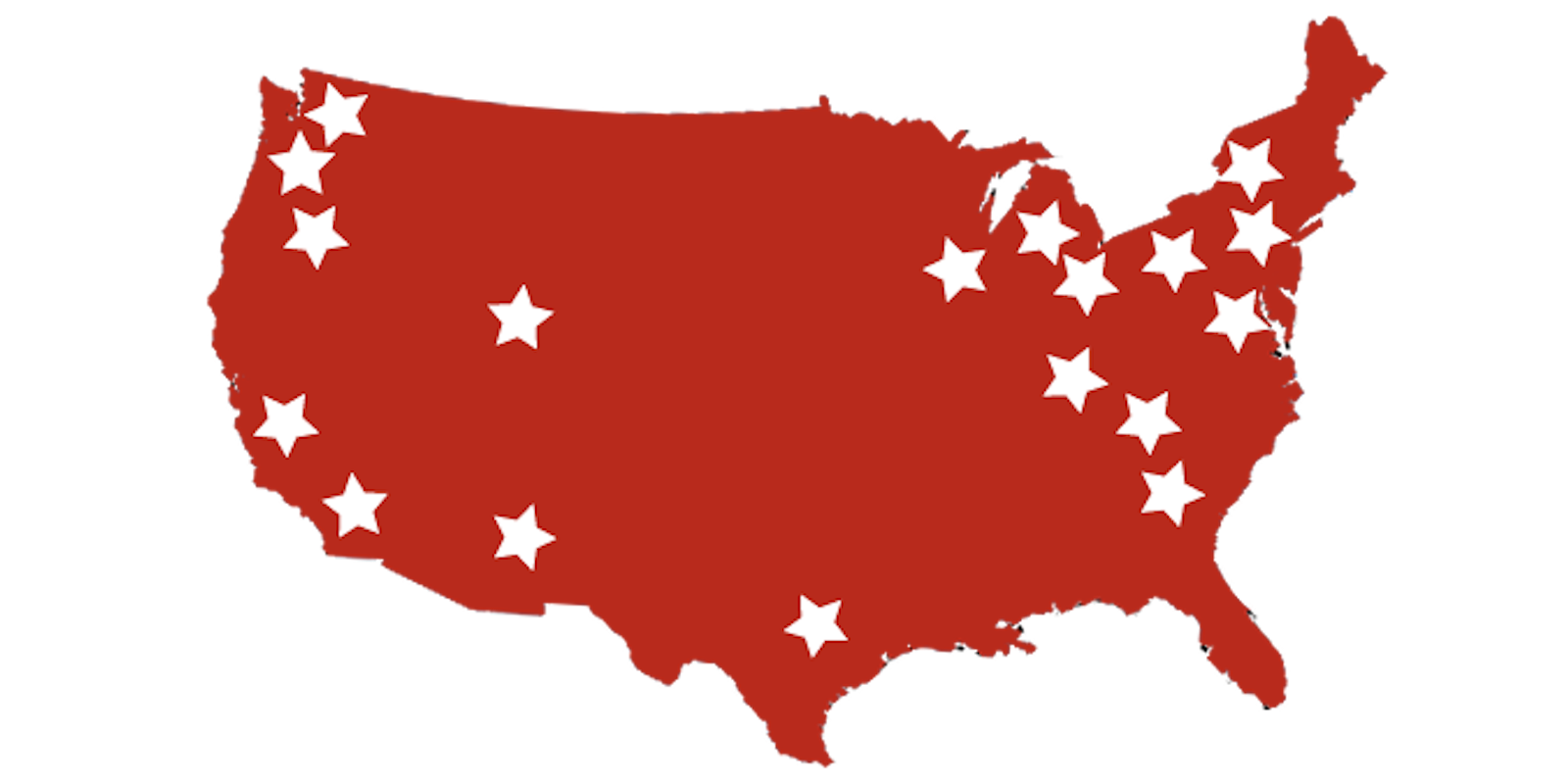Yesterday, the White House announced a National Day of Civic Hacking, scheduled for June 1, “to collaboratively create, build, and invent new solutions using publicly-released data, code and technology to solve challenges relevant to our neighborhoods, our cities, our states and our country;” proving, if nothing else, how far the term “hacking” has come from its black-hatted origins.
In a press release, Brian Forde, senior advisor to the U.S. CTO on mobile and data innovation, and Nicholas Skytland, the program manager for NASA’s Open Innovation Program, proclaimed, “While civic hacking communities have long worked to improve our country and the world, this summer will mark the first time local developers from across the Nation unite around the shared mission of addressing and solving challenges relevant to OUR blocks, OUR neighborhoods, OUR cities, OUR states, and OUR country.”
Although the White House’s bully pulpit is being employed, the NDCH is actually the confluence of a number of independent groups.
The National Day of Civic Hacking, modeled after Innovation Endeavors’ Super Happy Block Party, will take place in conjunction with Random Hacks of Kindness and Code for America’s brigade meetings.
“A number of Federal agencies, including NASA, the Census Bureau, and the Department of Labor, are participating by offering specific challenges for hackers to work during the event,” they wrote.
Although the actual hacking challenges the event will tackle haven’t been announced yet, activities have been planned already in Atlanta, Austin, Portland, Boston, Chicago, Denver, Detroit, Honolulu, San Francisco, Philadelphia, Seattle and elsewhere.
The Hack for Change website provides a number of avenues for would-be participants to plan, host, fund or participate in an event, and to contribute data, code or suggest a challenge.
UPDATE: Nicholas Skytland, of NASA’s Open Innovation Program, offered some past projects as examples of what the National Day of Civic Hacking aims to accomplish, including an app that helps coordinate bed availability at homeless shelters, an app that allows farmers’ markets to accept SNAP (Supplemental Nutrition Assistance Program) credits, and a real-time tracker for commuter trains.
Graphic by Hack for Change


